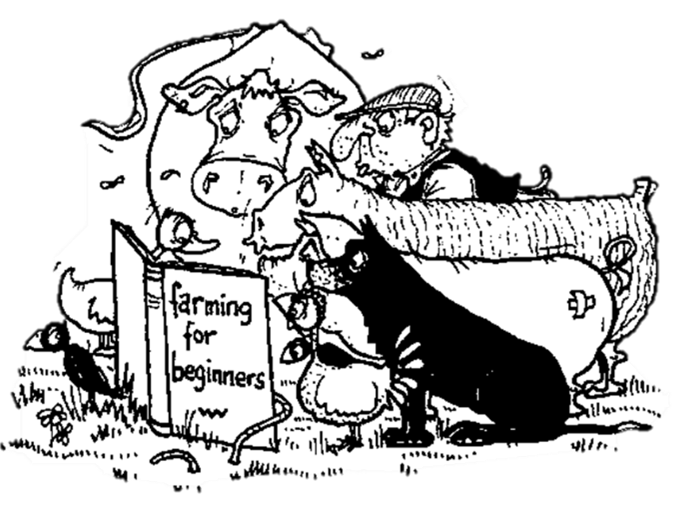What’s It Going to Take?
- Soil Fertility Services

- Jul 31, 2025
- 2 min read
What’s it going to take for you to pick up the phone and give biological farming a real go?
Some of you have been receiving our newsletters for years, and we are still surprised by how many haven’t yet taken the plunge. So why not? What’s holding you back?
Chances are you already know a regenerative farmer who’s cut back on fertiliser inputs, reduced tillage, added cover crops, or even started making compost. And you’ve likely heard the agronomist say, “It won’t work on your soil type,” or warn you that “you’ll run your ground down.” Maybe you’ve even been told—still—that there’s no trial data to support it.
So, who do you believe?
Here’s our take…

When nitrogen prices started to climb, our phone began ringing off the hook. Growers were inquiring about Bio-N, driven by both curiosity and financial concerns. We spent hours on the phone explaining how this microbial product captures nitrogen from the air, which is already present in the soil, making it available to your crop and reducing your need for synthetic nitrogen.
And often, the call would end the same way:
“Alright then, I’ll give it a go.”
For many, it was an economic decision, given the high prices and tight supply. However, many of those same farmers have already pre-booked their Bio-N for 2026. Proof enough that something must be working.
To those of you who took that first step, thank you.
Your willingness to try something different, even when others said it wouldn’t work, is what’s driving change across the industry.
You’re not just using Bio-N—you’re part of a change that has to happen.
It has not all been smooth sailing, though. Every field, every farm is different. Some farmers told us they struggled to see the benefit. And when we’ve dug into it further, there’s nearly always been a reason: too much fertiliser, not enough fertiliser, rainfall (or lack thereof), compaction, temperature, or just bad timing.
Bio-N is a natural product.
And like an Olympic athlete running the 100 metres, it’s affected by many variables—wind, temperature, energy, and fitness. No two races are identical. Even Usain Bolt had his off days.
That’s biological farming. You’re working with living systems. With nature. It’s very complex, but also more rewarding.
If you’ve ever had one of our soil tests done, you’ll know they can be tricky to interpret. They employ multiple methods of interpretation, not just the single lens that RB209 uses. That broader view provides a truer picture of what’s actually happening in your soil. Conventional advocates often overlook this, and it can lead to a more narrow-minded approach.
Here’s our best advice:
Talk to a farmer who’s doing it.
Ask them about the good, the bad, and the messy bits too.
It’s okay to have doubts. It’s okay to have questions. You won’t be the first.
But at some point, you have to decide:
Will you continue to listen to the drumbeat… or start beating the drum yourself?
Get in contact here.




Comments